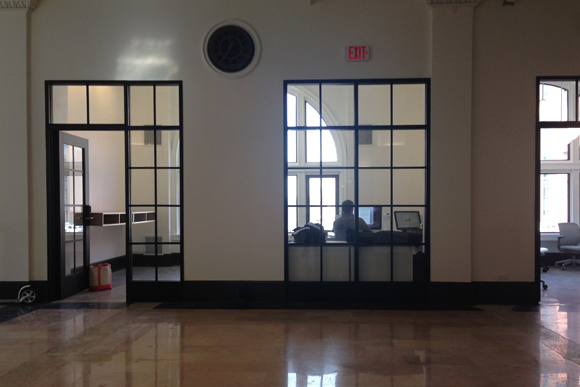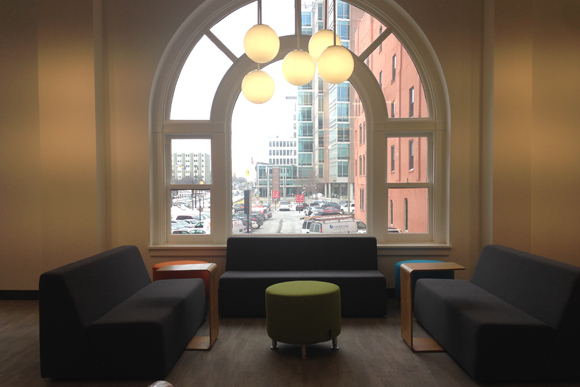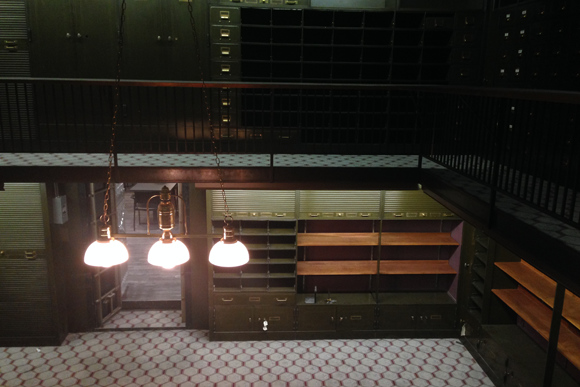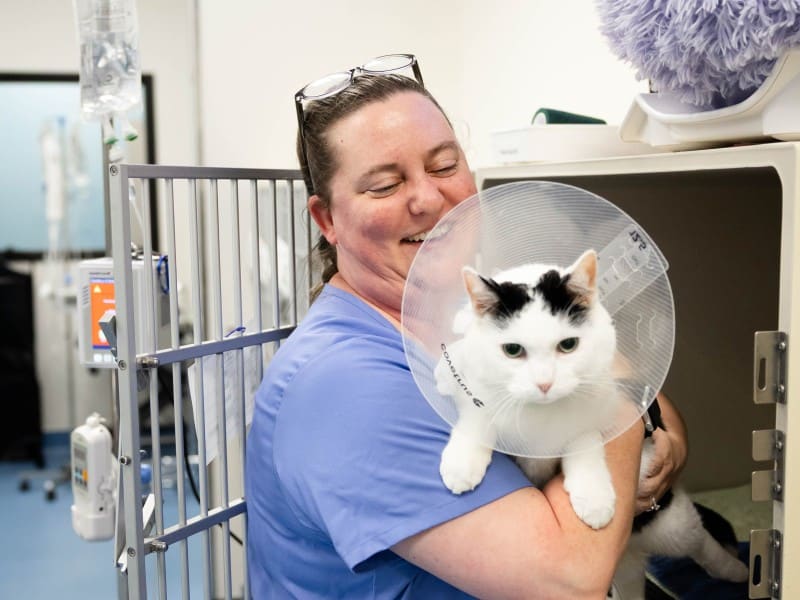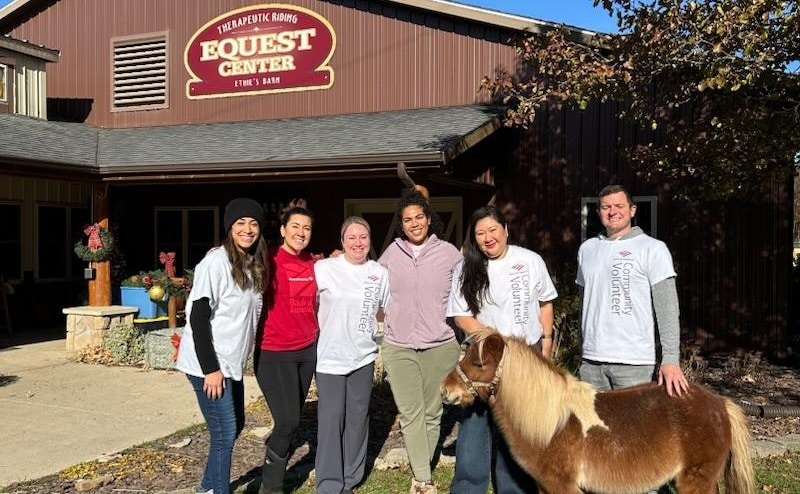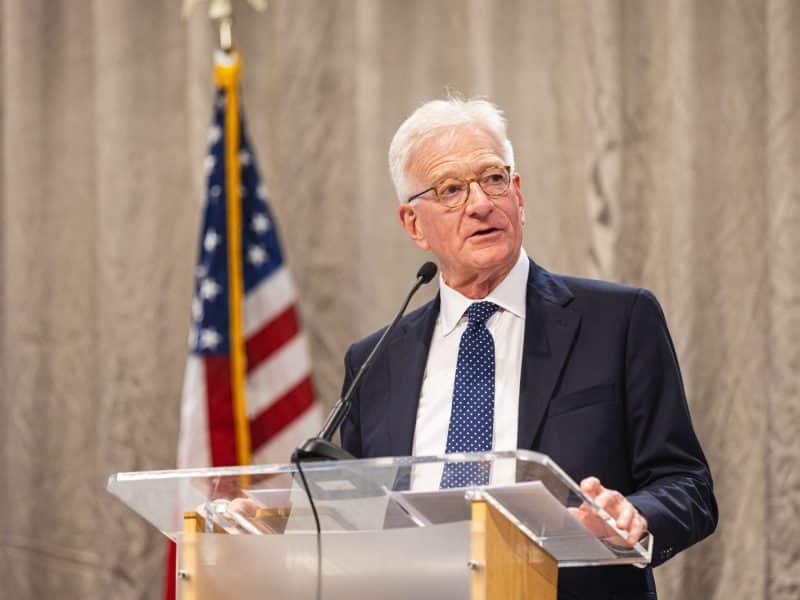How a Start Garden grows
On the second floor of the historic Trust Building in downtown Grand Rapids, Start Garden’s Director of Marketing and Communications, Paul Moore, points to the sunlit space near the windows in the front room and jokes that they plan to treat the barstool tables like beachfront property – designated shared workspace belonging to no specific startup habitating the venture fund’s new “Start Garden Village” neighborhood on Pearl Avenue.
“We got the point where it was getting really, really cumbersome to try and keep up with what was going on with the companies we were funding, because they’re all kind of working in silos around the city,” Moore says about the move from its old offices at 50 Ionia Avenue. “
Moore says the idea behind Start Garden Village isn’t to create another collaborative workspace, but rather, a new piece of infrastructure lacking in Grand Rapids until now – a central hub for startups and entrepreneurs, regardless of whether or not they’re funded by Start Garden, to come and share ideas, find investors and accelerate company growth
Though it has already been equipped with its own “neighborhood café,” single-desk workspaces, conference rooms and private phone booths, the new hub will soon see the installation of “work pods,” which Moore says were designed quite literally from the row-house concept. Right now, he added, the space has room for at least 100 people.
Raising the stakes
The expansion is just one part of Start Garden’s re-envisioning of its role in the West Michigan startup scene, which also includes an upgraded fund with the capacity to boost investment in growing companies up to $1.5 million, a significant increase from its previous $500,000 funding cap.
“Here is where we’ve been, helping these companies figure out what they’re not,” Moore says. “In a certain way we’re almost queuing them up to leave. At this point where a company would say, ‘We don’t need $500,000, we need $5 million,’ the answer has been, ‘Okay, go to the coast?’ We didn’t incubate all of these companies so they could come here and leave.”
As far as investment in new business ideas go, Moore says two years ago it seemed like the biggest thing West Michigan needed was more experimentation and risk taking, and that’s where Start Garden came in. Founded by Rick DeVos in 2012, Start Garden’s initial goal was to find startups in their infancy, the very first project stage, and invest actual money. However, as those startups grew into companies with solidified visions, Moore says Start Garden found more and more that these new companies didn’t need help growing their vision; they needed help growing their brand.
“Now, two or three years later a lot of these ‘projects’ have grown into people who have left their day jobs to bring in new team members, co-founders, maybe even employees,” he says. “They’re actually working full-time at going from being projects to becoming companies that will hopefully grow quickly into something other people want to buy.”
The New 5×5 Night
Though Start Garden will continue to invest smaller amounts in the $20-30,000 range in younger start-ups, they’ve handed over weekly investing to Emerge West Michigan, who is retooling the monthly pitch night and $5,000 reward into a member-based crowdfunding platform model.
Now, grant funding for startups will be pooled from members’ contributions and members will be allowed to become part of the judging process.
“(Emerge) is actually writing checks, which is a big deal to us,” Moore says. “You can launch an educational program for startups, but if they can’t get funding to run, there’s not a whole lot of application of the education they’re getting. So Emerge is definitely getting into writing checks and it’s also diversifying not only the investors that we’ve brought in over here, but also the city – where can people go when they have an idea, who can they talk to and how can they raise funds?’
Onward & Upward
Moore says much like the companies who will now have funds to help mature past the project phase, Start Garden itself is using the transition into a new space and new funding model to make its own leap into adulthood – it’s growing up.
“Just as much as financial capital, we like to invest in intellectual and social capital. Building on to this space is almost entirely about intellectual and social capital investment,” he says. “We want them to learn faster and meet new investors and new entrepreneurs and better entrepreneurs and get to know them on a much more relational level, so it seemed like we needed a place to actually house that kind of stuff.”
So, as more companies come to West Michigan to invest in the garden of startups they’ve grown here, Moore says a little bit of competition is exactly what they’re waiting for.
“If we were actually fighting to get into a deal on a company in the region, that would be awesome,” he says. “That would be so great. It would mean the entrepreneurs have a lot of options for funding, but it would also mean that there are some really aggressive investors in the area and I think that it’s kind of virtuous cycle. If you have a very large group of aggressive investors, you’ll have a large group of aggressive entrepreneurs trying to get in on that funding.”
“I think the deals and the startups and the options only get better with more funding.”
Written by Anya Zentmeyer, Development News Editor
Start Garden to triple its downtown footprint to serve more startups
Rick DeVos shares how Start Garden is pruning its funding model
Start Garden’s downtown HQ to open this week
Start Garden opens idea, mentoring space in downtown Grand Rapids


